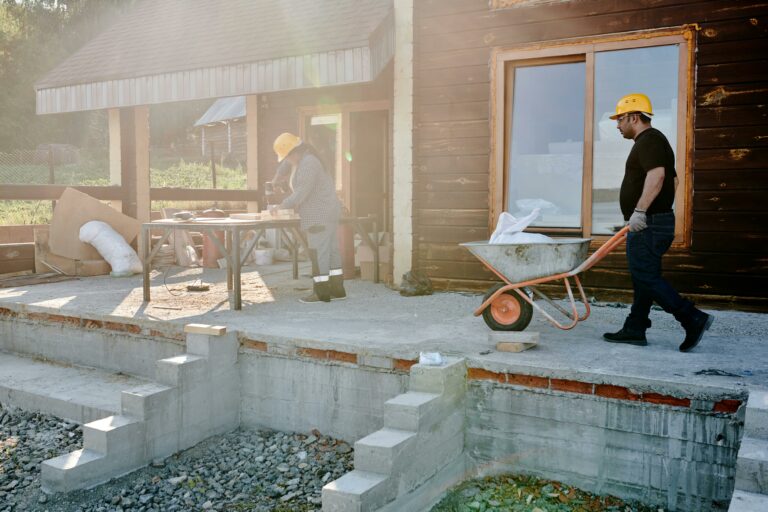NEGATIVE GEARING and PROPERTY INVESTMENT
Negative gearing and property investment have been a part of the Australian vernacular for many generations now.
Negative gearing is a polarising topic. Bill Shorten went to an election wanting to reform it but at the same time a lot of people don’t actually know what it is.
In this story, I’m going to go into what negative gearing actually is, I’ll then explain the history of it and why it’s such a hotly debated topic.
Shall I enter the property market now?
Know your options for your property investment loans. Talk to our expert Mortgage Broker.
BOOK A FREE 15-MIN CONSULATION NOWNegative Gearing and Property Investment
The year is 1985. Bob Hawke is the prime minister. Paul Keating is the treasurer.
Tax Reform is on the agenda, specifically the Income Tax Assessment Act of 1936.
This story isn’t 100% clear however I’ve pieced together a few different online sources.
Basically from 1936, Negative Gearing was a thing. It basically allows property investors to claim back on losses made from property investments.
Now, back in the 1980’s, our governments took having a budget surplus seriously. Negative Gearing meant that buying property for investment was so beneficial from a tax perspective and the government being a responsible manager of the economy thought to make some extra tax revenue by taking away this benefit.
What is Negative Gearing?
I guess I should explain to you what negative gearing is.
Let’s look at property investment in isolation. You have your income and you have your expenses.
If you have more expenses then the income then you have made a loss. This means your property is negative geared.
Where the advantage is that if you have made a loss, it comes off your taxable income which means you now pay less tax. For most people, this means a tax refund when you do your taxes.
Let me just explain that with a few basic numbers.
If you earn $100k per year and your property makes a $5k loss. You only need to pay tax on $95k worth of income.
Now your employer automatically pays the tax office every pay period meaning you’ve already paid the tax on $100k income. This is why you get a refund when you claim your taxes.
Back to 1985 – the government removed this benefit. You could move a loss to next year and claim against future property income meaning you could still pay no income tax on that property but the government made it that they weren’t giving back any income tax.
Does Negative Gearing cause rents to go up?
At this point I feel it’s important to understand how much of a political football tax reform is. In the year 2000 John Howard copped it over the introduction of the GST and more lately Bill Shorten had another go at trying to abolish negative gearing. That was the unlosable election. The libs had just ousted Turnbull and brought in Scomo – yet they still got across the line.
It was no different with this. Housing lobbyists was fierce and waged a campaign which ultimately saw the changes being rolled back to what they used to be.
The housing industry lobbyists argued that the removal of negative gearing caused rents to go up. There is conjecture over how true this was. Back in that time rents had only gone up in two states and realistically things like that happen all the time.
Is Negative Gearing Good?
There’s a lot of different angles to take here but I’m going to be succinct and direct.
Negative gearing has helped to drive the market up. This is because the government is giving out rewards in the form of a tax deduction for people losing money.
Those rewards have been large enough to create additional demand for property that has ensured the prices have continued to go higher when compared to the average household income.
If negative gearing was removed, prices would eventually drop back to a level that is more fair for the future generations wanting to enter the market.
There are a lot of arguments you could make here. The obvious one being is that we already have a housing shortage.
If governments were serious, they would allow property development to be ramped up. Providing tax benefits to developers and builders who need all the help they can get right now.
You might say rents would skyrocket even further. From all the negative gearing savings, the government could put in place more rent assistance to those who need it.
Either way you look at it, we can’t have whole generations of people living in our society without hope that they are going to afford the opportunities to live a secure life.
That will only be a road to worse outcomes and will manifest in all sorts of negative ways. In the short term, it’s helping drive this populism we’re experiencing which I think we can all agree is not healthy.

Mortgage Broker Frankston, VIC
Will Bell has 15 years’ experience in the finance industry, the last 12 years he has owned and operated Will Bell Mortgage Broker. He specializes in residential home loans and over the years has carved out a trusted brand. This is proven by the reviews his customers have made regarding the service and the experience he has provided.
YOU MIGHT BE INTERESTED IN THESE BLOGS:
Disclaimer: The content of this article is general in nature and is presented for informative purposes. It is not intended to constitute tax or financial advice, whether general or personal nor is it intended to imply any recommendation or opinion about a financial product. It does not take into consideration your personal situation and may not be relevant to circumstances. Before taking any action, consider your own particular circumstances and seek professional advice. This content is protected by copyright laws and various other intellectual property laws. It is not to be modified, reproduced or republished without prior written consent.








